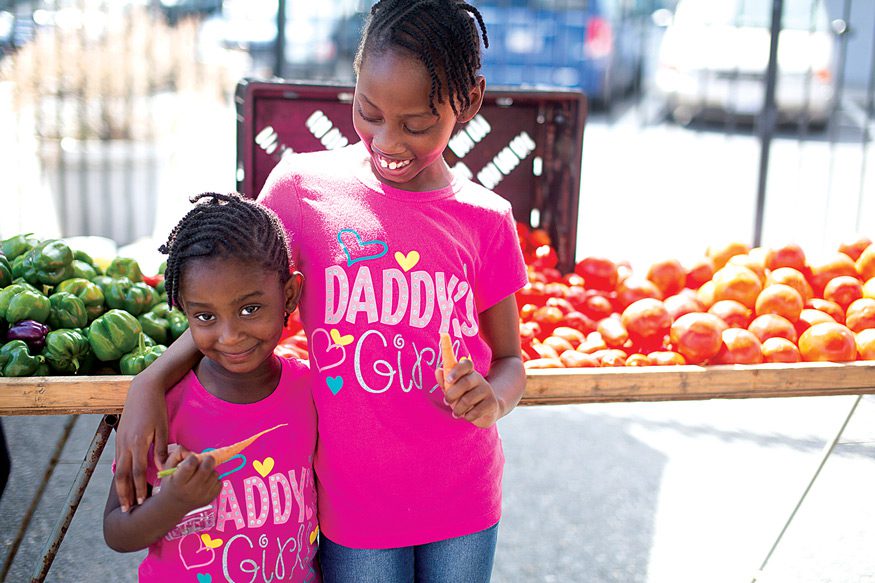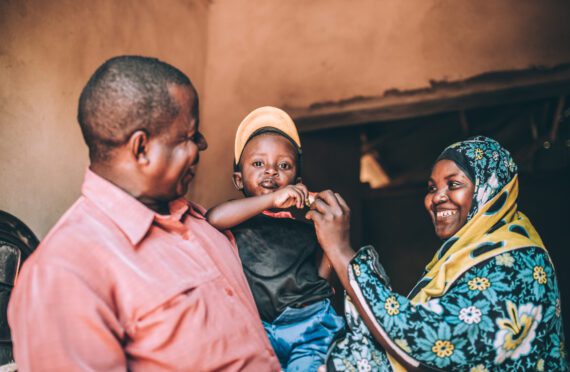By Karyn Bigelow
African Americans and other people of color in the United States began to experience climate change impacts earlier and more severely than whites. Too often, conversations surrounding climate change seem to assume that it’s something that will happen in the future. However, many Black Americans are already trying to cope with climate-related problems, such as rising sea levels, powerful storms, and intense heat that is causing health conditions to worsen for many. There is little media coverage of the impacts of climate change on African Americans, nor is there enough recognition of those fighting for climate action.
In the past, my colleagues have written about Hunger and Poverty in the African American Community, detailing some of the challenges that make it harder to attain food security. Climate change acts as a multiplier of many of the problems that Black Americans face related to environmental racism, poverty, and hunger. For these reasons many African Americans have become advocates for climate change action. For decades many predominantly Black communities have been advocates against environmental racism, which has close connections to the disproportionate harm climate change causes communities of color.
As The Washington Post reported recently, teens of all races report being more concerned about climate change than older people, and Black teens express a greater sense of urgency around climate change. Some Black teenagers have made the connection that minorities and low-income communities are most vulnerable to the impact of climate change. Not only are African American communities more likely to live in areas disproportionately impacted by climate change, but they are also less likely to have the assets needed to recover from natural disasters and rising sea levels.
More frequent, stronger storms due to climate change will push low-income families into food insecurity or deeper into food insecurity. Therefore, many organizations that are run by and serve African Americans are making climate change a priority. From Black Lives Matter to the NAACP to the Congressional Black Caucus, people are calling for systemic changes that will allow for African Americans to live in communities that are safe from climate change and environmental problems. Black leaders are proposing policies that will give special protections to African American communities that are hit worst during natural disasters. Some leaders are calling for comprehensive legislation that would address environmental problems in low-income communities, including urban, rural, and tribal communities.
It is imperative that the faces and voices of African Americans be brought to the forefront of the climate change conversation. This is particularly important when plans are being designed to serve communities that are disproportionately affected and also have the least means to cope.
Karyn Bigelow is research associate with Bread for the World Institute.



